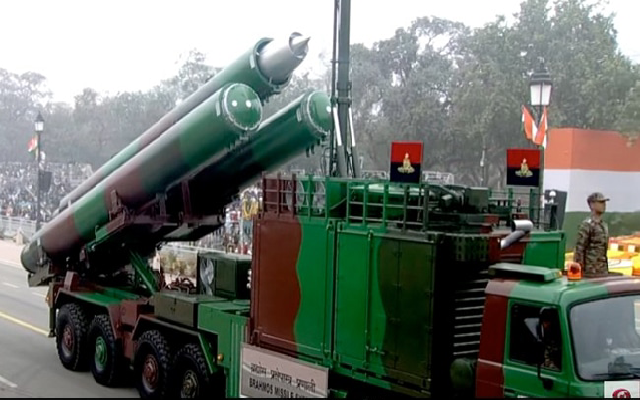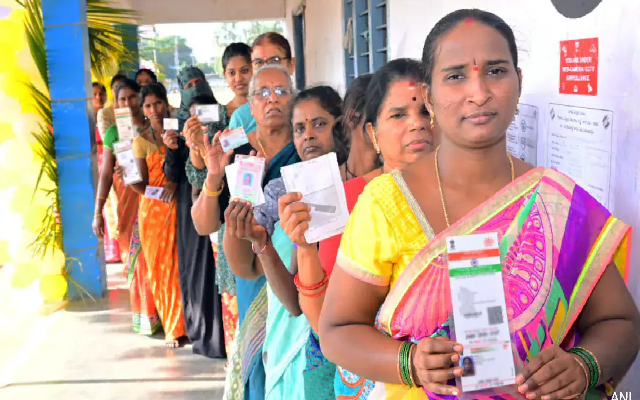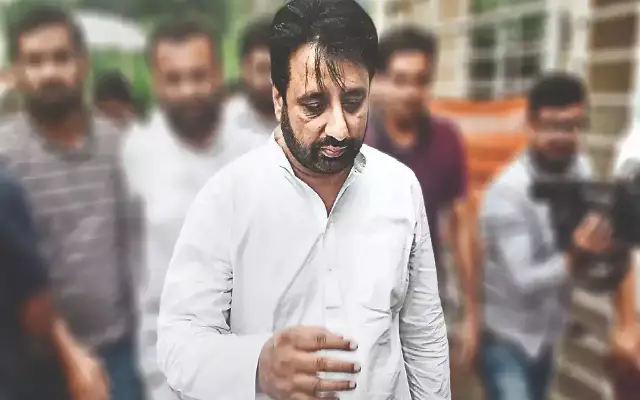Mysuru: A regressive trend has been observed in the past few years in universities as science seems to be losing out to other disciplines, particularly the professional courses. Universities are becoming mere teaching centers with research being neglected, said M Hamid Ansari, Vice President of India. Speaking after inaugurating JSS Science and Technology University of JSS Mahavidyapeetha, he said, “This University is the most recent example of the philanthropic and educational services being rendered by Shri Suttur Math. Since 1954, following the vision of Shivarathi Rajendra Swamiji, the Math has played an important role, through its educational arm, in providing quality education for all. With over 350 institutions covering all aspects of education, from primary to professional and technical, Mahavidyapeetha has an iconic position in the field of education”.
Speaking after inaugurating JSS Science and Technology University of JSS Mahavidyapeetha, he said, “This University is the most recent example of the philanthropic and educational services being rendered by Shri Suttur Math. Since 1954, following the vision of Shivarathi Rajendra Swamiji, the Math has played an important role, through its educational arm, in providing quality education for all. With over 350 institutions covering all aspects of education, from primary to professional and technical, Mahavidyapeetha has an iconic position in the field of education”.
“This University, by its very name, professes to teach both Science and Technology. Science is the deepening of the human understanding of the universe, while technology is anything that enhances human capacity. Science and technology have today become the most powerful drivers of growth and development. No aspect of human life remains untouched. The answers to humanity’s greatest challenges – be it disease, hunger, environmental degradation or energy requirements – all rest in our better understanding of sciences and finding better technologies to address the challenges. In a competitive economy, there will be much greater demands on the scientific and technological capabilities of the country. We will need more and better innovations in order to remain competitive as we aspire for faster, sustainable and inclusive growth,” said Ansari.
“The building of a science based, innovative and developed society, however, requires certain essential prerequisites. These include; development of scientific tempers in the general public; a focus on the study of the basic sciences for meeting our domestic requirements and a conducive environment where enquiry and evidence form the basis of rational choices. Scientific temper is not the content or extent of the scientific knowledge corpus, but rather the pursuit of rational enquiry. It is a world-view characterized by traits like healthy skepticism, universalism, and freedom from prejudice, objectivity and rationality. Despite this, and notwithstanding significant achievements in many fields, there is little evidence of scientific temper in noticeable segments of our society, including the elite. Irrational beliefs and practices persist. It is not without significance that today we have a large number of faith-oriented television channels, but not a single Indian science channel,” he said.
“We need a strong emphasis on teaching and research in basic science. When it comes to science, no national scientific enterprise can be sustainable in the long term, if it does not contain generous room for curiosity-driven research. While the technological outcomes and social benefits of basic science are almost always long-term and rarely predictable, such science creates and consolidates overall competence and intellectual diversity,” he added.
“We are proud that India is recognized as an Information Technology hub. But it is equally important for India to be a science innovation hub to achieve technological self-sufficiency and devise local solutions to our numerous problems like poverty, agricultural productivity, water conservation and climate change. Our failure to develop manufacturing capacity in critical segments of the defence industry is a case in point. Even the Light Combat Aircraft ‘Tejas’ is equipped with an engine manufactured by the General Electric Company in the United States. We cannot hope to be a great nation without a qualitatively superior scientific and technological prowess. Basic science education needs to be given due respect to foster scientific temper and culture. We need an atmosphere where bright and independent minds can create great ideas in garages as well as in laboratories. Institutions must develop the ability and courage to critically evaluate traditional knowledge, inculcate concepts of scientific and mathematical inquiry in their research and teaching and promote critical thinking and reasoning amongst their students. This is what the Governor of Reserve Bank of India, in a talk last year at IIT Delhi, alluded to, when he suggested that “to keep the idea factory open”, it is essential to “foster competition in the market place for ideas” by “encouraging challenge to all authority and tradition, even while acknowledging that the only way of dismissing any view is through empirical tests,” he observed.
“The search for truth is tireless strives towards perfection. The authority of teacher and text is always provisional. Gandhiji said that “Persistent questioning and healthy inquisitiveness are the first requisite for acquiring learning of any kind.” Criticism is the basis of all advancement in sciences. Every iota of knowledge, traditional or new, must be put through a critical testing process in order to assess its validity,” he concluded.
Governor Vajubhai Vala, CM Siddaramaiah, MInisters Raya Reddy, HC Mahadevappa and Mayor Bhyrappa, MLA Vasu, Shivarathri Deshikendra Swamiji of Suttur and University Vice-Chancellor Sangameshwar were also present.



















